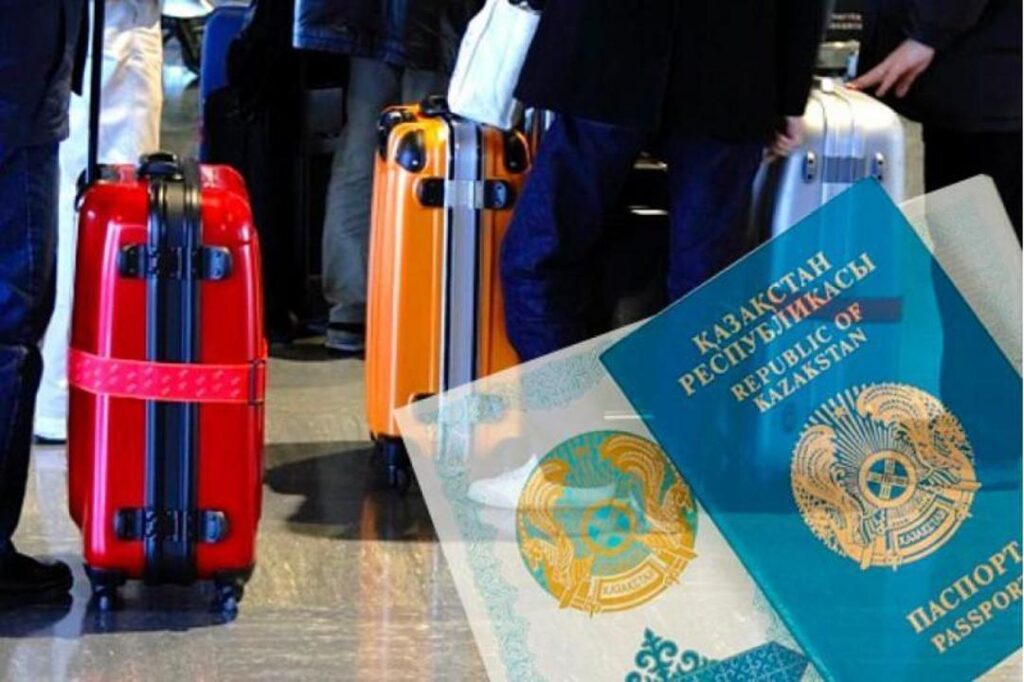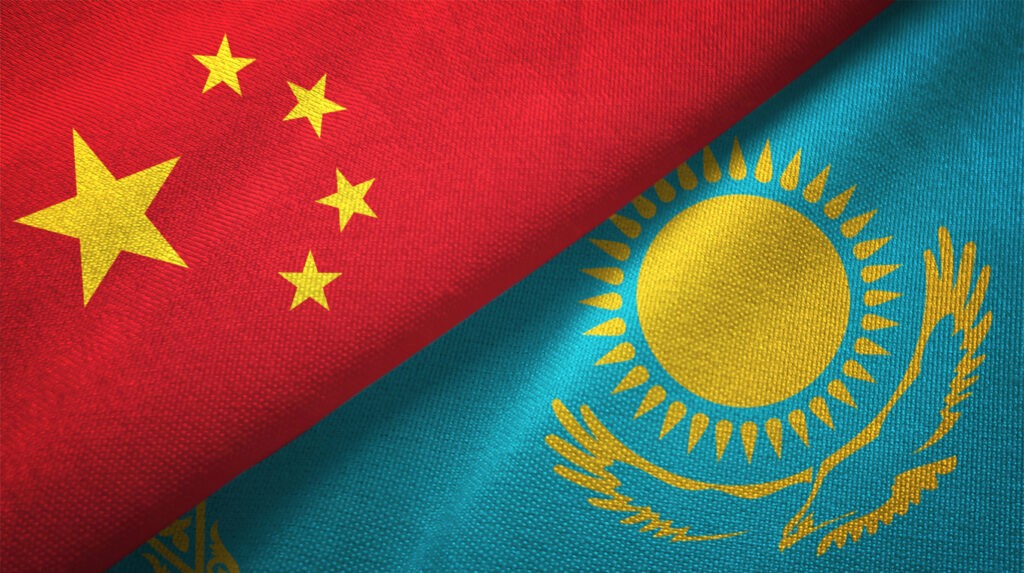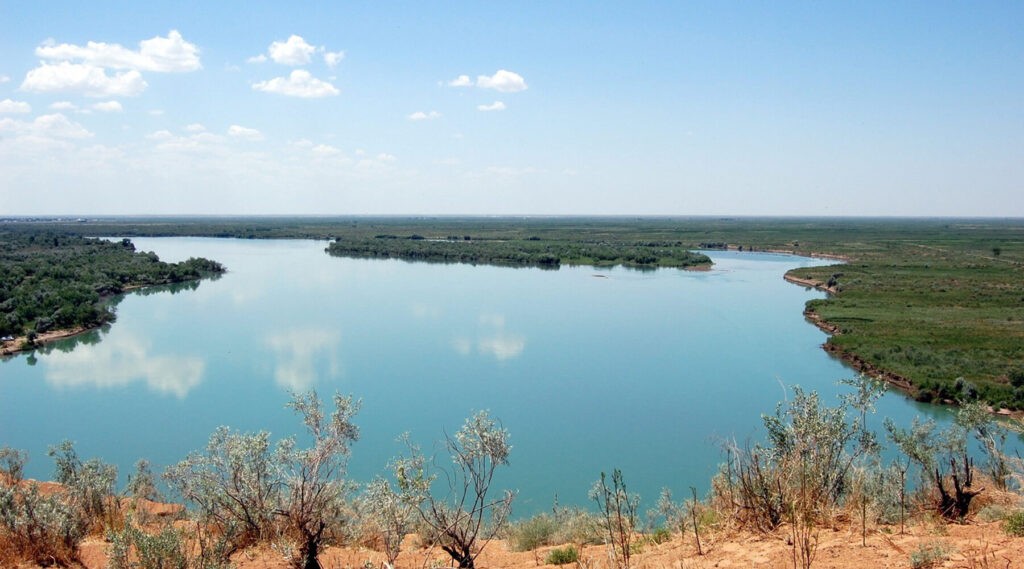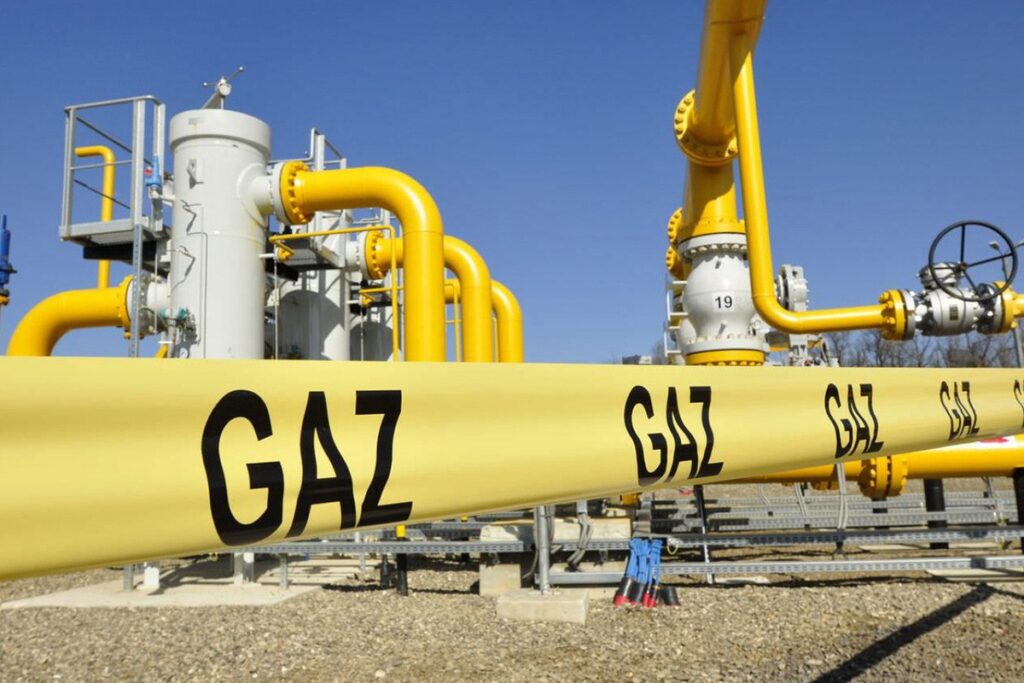Kazakhstan Encourages Ethnic Kazakhs to Return to Historical Homeland
According to the Kazakh Ministry of Labour and Social Protection of the Population, from January -April this year, 4,351 ethnic Kazakhs returned to their historical homeland and received repatriate status. Since 1991, 1,132,700 ethnic Kazakhs have returned to the country. From 2023, a pilot scheme, to assign repatriate status based on the “one window” principle through the embassies of Kazakhstan abroad has accepted applications from 7,518 ethnic Kazakhs. Amongst this this year’s repatriates, 51.1% arrived from China; 31.9% from Uzbekistan; 6.4% from Turkmenistan; 5.4% from Mongolia; 3.7% from Russia, and 1.5% from elsewhere. Those of working age made up 59.1%, minors, 31.7%, and retired people, 9.2%. Repatriates are resettled by the government in labour-scarce regions in the north and east of the country including Akmola, Abay, Kostanay and Pavlodar. To support their relocation, the state provides subsidies for each family member, and financial aid towards rent and payment of utility bills. The government has also introduced an economic mobility certificate for the purchase or construction of housing, and will partly cover down payment on mortgage loans of up to 50% or 4.28 million tenge per family. In addition, the government offers support to employers involved in the resettlement of repatriates in its northern regions.






